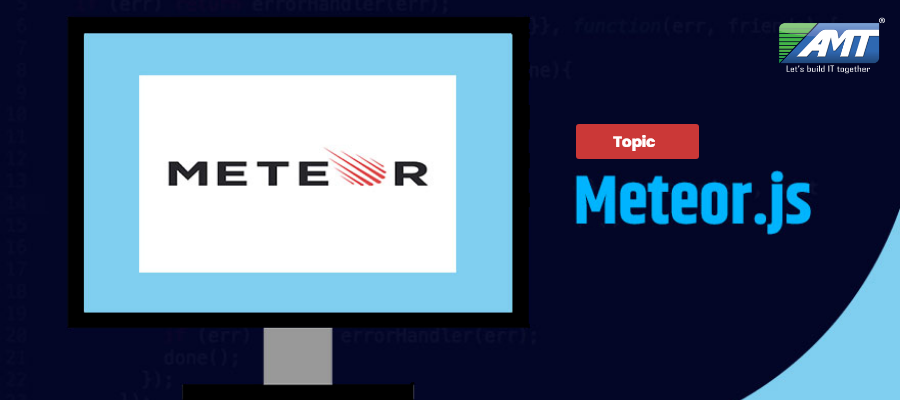Meteor, or MeteorJS, is a free and open-source isomorphic JavaScript web framework written using Node.js. Meteor allows for rapid prototyping and produces cross-platform (Android, iOS, Web) code. It integrates with MongoDB and uses the Distributed Data Protocol and a publish–subscribe pattern to automatically propagate data changes to clients without requiring the developer to write any synchronization code. On the client, Meteor can be used with its own Blaze templating engine, as well as with the Angular or React frameworks.
Free and open-source software (FOSS) is software that can be classified as both free software and open-source software. That is, anyone is freely licensed to use, copy, study, and change the software in any way, and the source code is openly shared so that people are encouraged to voluntarily improve the design of the software. This is in contrast to proprietary software, where the software is under restrictive copyright licensing and the source code is usually hidden from the users.
FOSS maintains the software user’s civil liberty rights (see the Four Essential Freedoms, below). Other benefits of using FOSS can include decreased software costs, increased security and stability (especially in regard to malware), protecting privacy, education, and giving users more control over their own hardware. Free and open-source operating systems such as Linux and descendants of BSD are widely utilized today, powering millions of servers, desktops, smartphones (e.g. Android), and other devices. Free-software licenses and open-source licenses are used by many software packages. The free-software movement and the open-source software movement are online social movements behind widespread production and adoption of FOSS.
A web framework (WF) or web application framework (WAF) is a software framework that is designed to support the development of web applications including web services, web resources, and web APIs. Web frameworks provide a standard way to build and deploy web applications on the World Wide Web. Web frameworks aim to automate the overhead associated with common activities performed in web development. For example, many web frameworks provide libraries for database access, templating frameworks, and session management, and they often promote code reuse. Although they often target development of dynamic web sites, they are also applicable to static websites.
Meteor is developed by the Meteor Development Group. The startup was incubated by Y Combinator and received $11.2M in funding from Andreessen Horowitz in July 2012. Meteor raised an additional $20M in Series B funding from Matrix Partners, Andreessen Horowitz and Trinity Ventures. It intends to become profitable by offering Galaxy, an enterprise-grade hosting environment for Meteor applications.
Having been in development for about 8 months, Meteor was initially released in December 2011 under the name Skybreak. By April 2012, the framework was renamed Meteor and officially launched. During the next few months, and with the help of large investments from Andreessen Horowitz and endorsements from high-profile figures in the startup world, Meteor steadily increased its user base and became more commonly used in production websites.
Particularly after receiving large amounts of venture capital in its Series B funding round, Meteor acquired and integrated several other startups into its core product. Acquisitions have included FathomDB, a cloud database startup, Galaxy, a cloud platform for operating and managing Meteor applications, and Kadira, a performance monitoring solution. Meteor has successfully monetized its userbase: In 2016, Meteor beat its own revenue goals by 30% by offering web hosting for Meteor apps through Galaxy.
From 2016 the Meteor Development Group (the open source organisation powering Meteor) started working on a new backend layer based on GraphQL to gradually replace their pub/sub system, largely isolated in the whole node.js ecosystem: the Apollo framework.
The above is a brief about Meteor.js. Watch this space for more updates on the latest trends in Technology.
